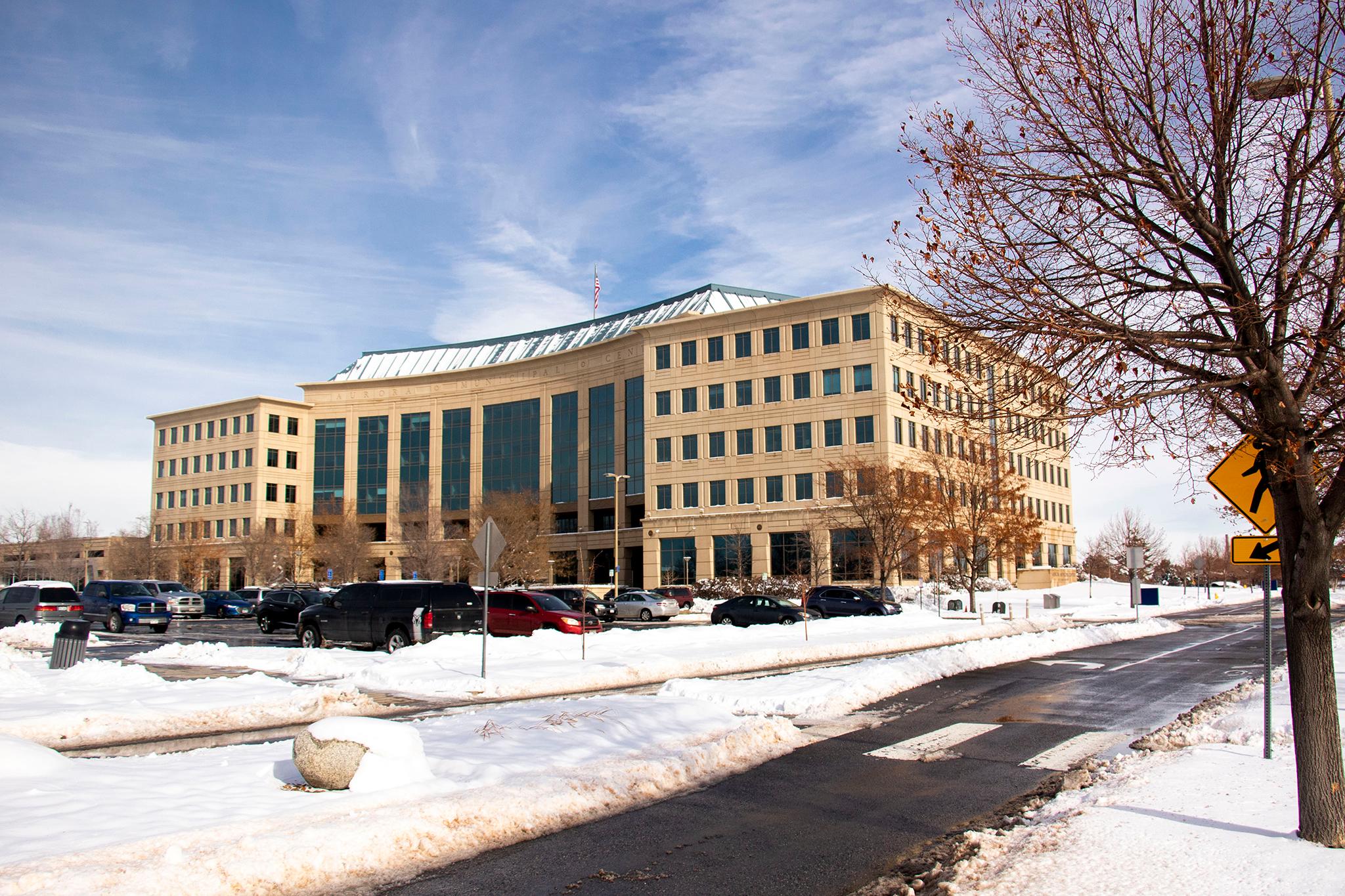Aurora's top elected leader could become much more powerful if local voters approve a ballot measure this November. The proposal, which would rewrite the city charter, passed a key approval on Tuesday, setting up an intense fight over the city's political future.
City officials announced on Tuesday that the measure had collected enough valid signatures -- about 12,200 in all -- to appear on the ballot.
The measure would move Aurora away from its current "council-manager" form of government, the kind used by most Colorado cities. In the current system, the council hires the city manager, who then acts as the city's executive leader.
If the charter amendment is approved, it would convert Aurora to a "strong mayor" system, similar to Denver, Colorado Springs and Pueblo. The change would effectively push out the city manager, instead making the mayor into the city's undisputed top dog.
The change has drawn sharp political divisions in the city, with some council members alleging it's a power grab meant to benefit current mayor Mike Coffman, disrupting a system they say already works. Coffman, a Republican, is up for re-election this year. Supporters of the change say it will give voters more power over city government, since the mayor is directly elected, unlike the city manager.
"That will allow the citizens to have a say and have a vote in what is happening. And it'll allow the mayor to actually make decisions and be directly accountable to the people that elect the mayor," said Natela Manuntseva, who's running the "yes" campaign.
The proposal would give the mayor the power to hire and fire the leadership of city departments and others and make direct decisions about how departments operate. The proposal also would shrink Aurora's elected term limits from 12 years to eight years, and it would give the mayor the power to veto laws passed by the council.
Mayor Coffman came out on Tuesday in "strong support" of the measure, saying he would help get it passed. "Our residents expect more from their mayor than just ribbon-cutting ceremonies and only having the power to vote to make or break a tie during council debates," Coffman said in a written statement
He was connected to the creation of the measure in reporting by the Aurora Sentinel and The Denver Gazette. The mayor's office referred CPR News to Manuntseva, the strong-mayor campaign manager, for comment.
The proposal has drawn stark opposition from other Aurora leaders, including a bipartisan group of council members. They attacked the measure as "deceptive" because its marketing has focused on the idea of term limits, The Denver Gazette reported, although the campaign is currently branding itself as "Yes on Term Limits and Empowering the Mayor."
"I do actually believe that our council-manager form of government works well and provides stability for our employees and for the residents of our services," said council member Allison Coombs, who is opposed, in an interview.
Coffman's challengers in this year's election are set to include nonprofit leader Rob Lee Andrews and council member Juan Marcano.
Only two other cities, Colorado Springs and Pueblo, have made the switch to a strong mayor system, said Sam Mamet, the retired former executive director of the Colorado Municipal League.
One of the main arguments for the current council-manager system, he said, is that city managers are professionally trained in administration and can be somewhat insulated from politics -- although they are hired and fired by the council.
"They come into a job understanding budgeting and carrying out decisions and establishing departments and organizational structure and whatnot -- as a professional, impartial, nonpartisan individual who is accountable to the council and to the mayor," Mamet said.
It will be up to voters to decide whether a strong-mayor system would make the city's leadership more accountable or not, he said.
"How do you feel that policy decisions are currently being proposed and implemented and carried out?" Mamet asked.
The ballot measure is not a sure thing yet. Aurora voters now have until Aug. 15 to challenge the validity of the signatures that were collected for the measure.
The measure's supporters submitted about 20,400 signatures in all, and city officials estimated that about 12,200 were valid. The measure needs at least 12,017 valid signatures to make the ballot.
It's not yet clear who is financing the measure and how much money the campaign has on hand. It has not yet reported any spending or contributions, since its next financial report is not due until Aug. 5.












